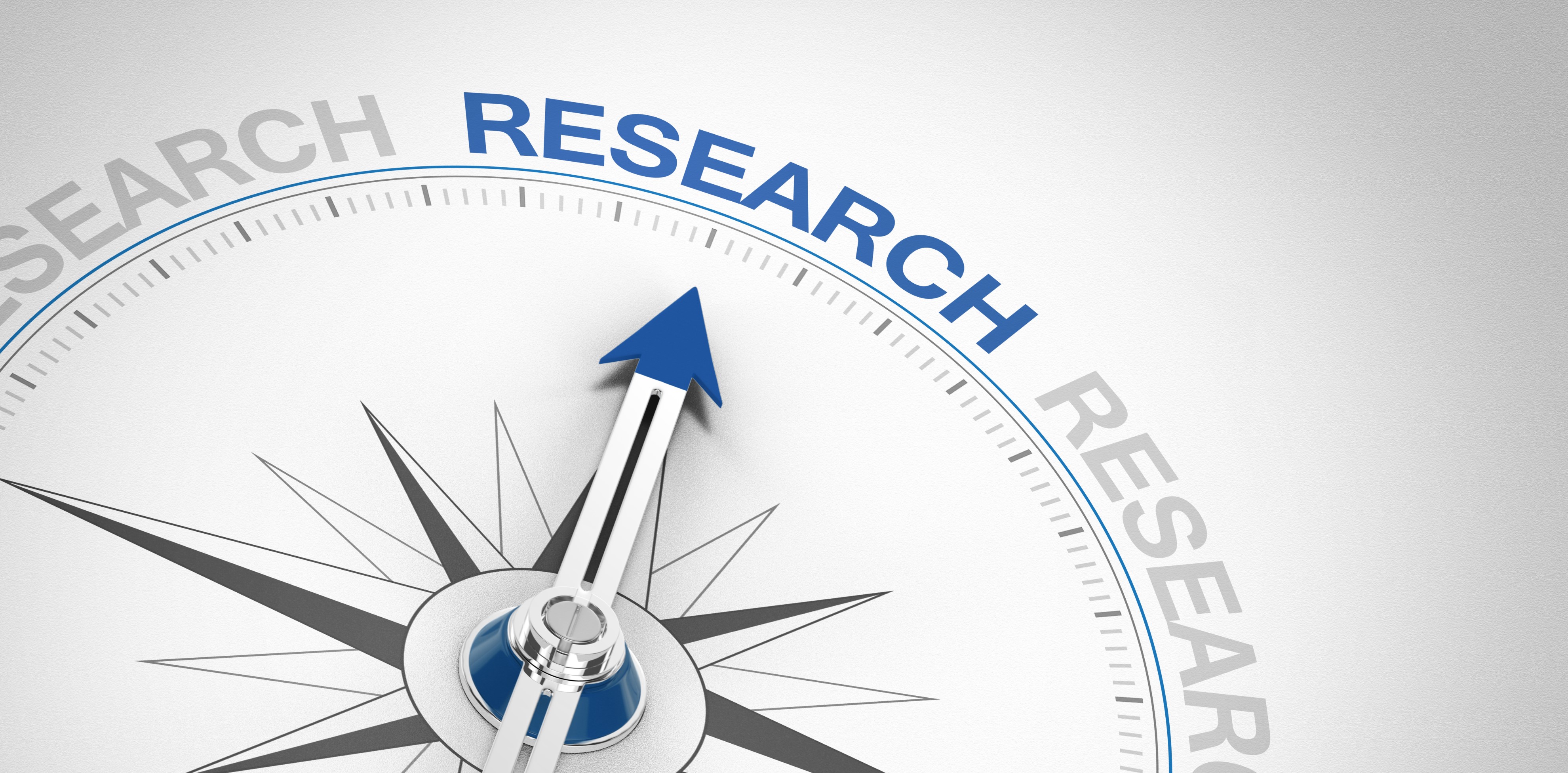“Experiencing discrimination appears to hasten the process of aging, which may be contributing to disease and early mortality and fueling health disparities,” said Adolfo Cuevas, assistant professor in the Department of Social and Behavioral Sciences at NYU’s School of Global Public Health and senior author of the study.
A growing body of evidence shows that those who persistently experience discrimination based on their identity (disability, gender, weight, or race, etc.) are at an increased risk for a range of health issues such as heart disease, depression, and high blood pressure. The chronic activation of the body’s stress responses is likely a contributor to the factors driving these poor health outcomes, however, the precise biological factors are not fully understood. More recent research is connecting exposure to persistent discrimination to the biological processes of aging.
To investigate the connection between discrimination and aging, this study looked at three measures of DNA methylation, which are markers that can be used to assess the biological impacts of stress and the aging process, among 2,000 adults who were enrolled in the longitudinal Midlife in the United States (MIDUS) study.
Blood samples and surveys were collected from the participants asking about their experiences with three forms of discrimination: everyday, major, and workplace. Everyday discrimination refers to subtle and minor instances of disrespect, major discrimination is more acute and intense instances, and workplace discrimination includes unjust practices, stunted professional growth, and punishment based on identity.
According to the researchers, the analysis revealed that discrimination was linked to accelerated biological aging, with those who reported more discrimination being found to be aging biologically faster compared to those who reported experiencing less discrimination. Everyday and major discrimination were consistently associated with biological aging, while workplace discrimination was also linked to accelerated aging, but the impact was comparatively less severe.
Additional analysis showed that smoking and body mass index explained nearly half of the association between discrimination and aging, suggesting that other stress responses to discrimination like increased cortisol and poor sleep are also contributing to accelerated aging. The link between accelerated biological aging and discrimination also varied by race, with Black participants who reported more discrimination tending to exhibit older biological aging and faster biological aging. However, White participants who reported less discrimination were more susceptible to the impacts of discrimination.
“While health behaviors partly explain these disparities, it’s likely that a range of processes are at play connecting psychosocial stressors to biological aging,” said Cuevas, who is also a core faculty at the Center for Anti-racism, Social Justice, & Public Health at NYU School of Global Public Health.
“These findings underscore the importance of addressing all forms of discrimination to support healthy aging and promote health equity,” added Cuevas.
As with anything you read on the internet, this article should not be construed as medical advice; please talk to your doctor or primary care provider before changing your wellness routine. This article is not intended to provide a medical diagnosis, recommendation, treatment, or endorsement. These statements have not been evaluated by the Food and Drug Administration.
Content may be edited for style and length.
References/Sources/Materials provided by:
T.W. at WHN
https://www.nyu.edu/about/news-publications/news/2024/may/discrimination-accelerate-aging.html
http://dx.doi.org/10.1016/j.bbih.2024.100774
*NOTE: Spelling correction made on 6/18/2024




